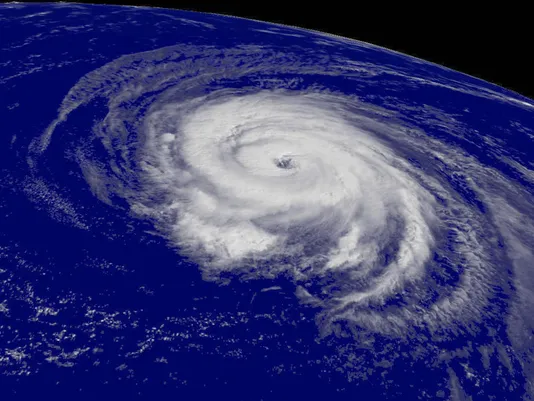A recent scientific study revealed that human-driven climate change played a crucial role in supercharging Hurricane Helene, which devastated parts of the U.S. in September. The analysis found that the exceptionally warm waters Helene traversed before making landfall were up to 500 times more likely due to climate change, significantly amplifying the storm’s strength and rainfall. Helene’s winds and rains were 11% and 10% more intense, respectively, with the storm causing catastrophic flooding across six states and claiming over 230 lives.
Researchers from the World Weather Attribution network discovered that the warm waters fueling the storm were approximately 3.6 degrees Fahrenheit higher than average, making hurricanes like Helene more frequent and severe. As climate change continues to heat oceans, these supercharged storms are becoming more likely, with hurricanes of this intensity now expected once every 53 years, compared to once every 130 years before. Experts warn that without drastic reductions in fossil fuel consumption, the U.S. can expect even more deadly and destructive hurricanes.
While Hurricane Helene has left a trail of devastation across the Gulf Coast and beyond, the study also highlighted that inland regions, far from the coast, are increasingly vulnerable to the growing impact of such storms. “Climate change is a total game-changer for hurricanes like Helene,” said study author Ben Clarke. The analysis calls for immediate global action on renewable energy to mitigate future storm intensities and protect vulnerable communities.



